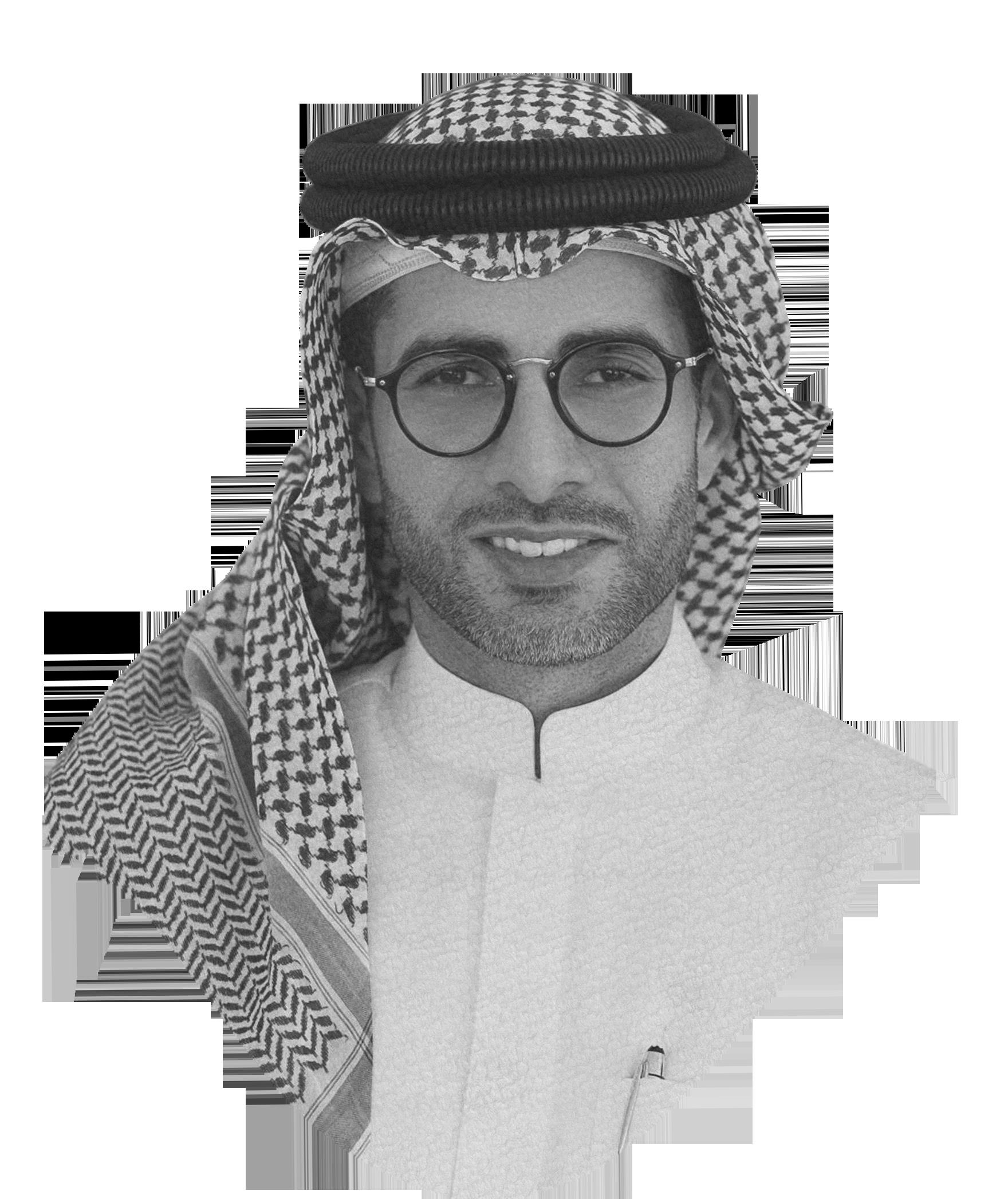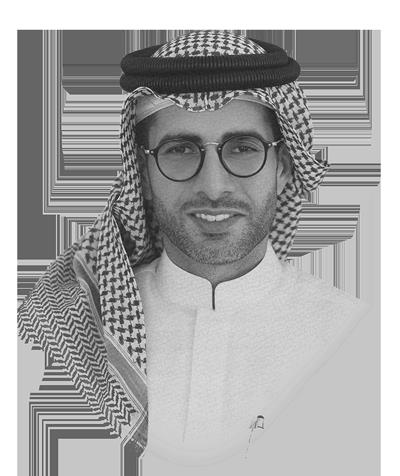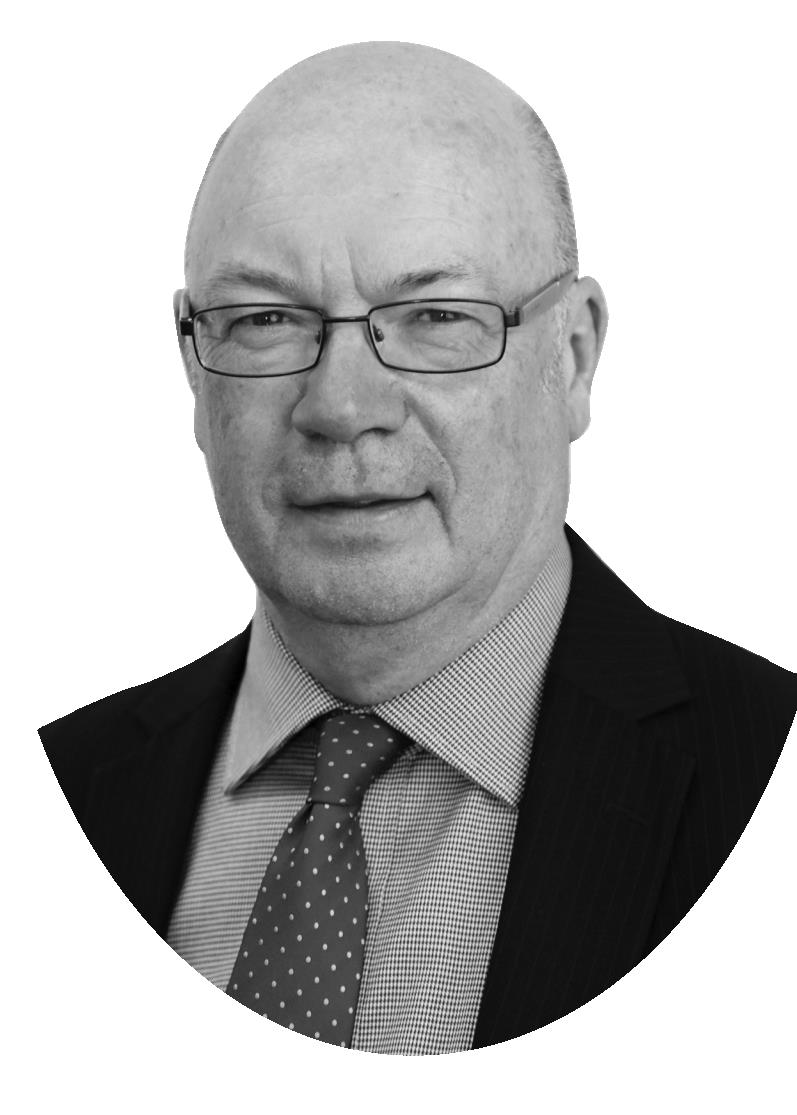
It was in the first week of March 2020, only a few days before the global coronavirus outbreak was declared a pandemic — with the consequent lockdown — that a handful of prominent Iranian singers performed in the first ever Persian Culture Night in the historic Saudi city of AlUla.
In the weeks before the event, there was much ado about whether this cultural soirée should take place in the Kingdom. The debate was completely understandable, with tensions between Riyadh and Tehran at their peak, a possible backlash by trolls on social media, and the likely politicization of the situation.
Nevertheless, the bold decision was made at the time to separate culture from politics and press on as planned. Saudi media was invited to attend and cover.
Saudi Arabia doesn’t have an issue with Persian culture or with Iranians as a people
Faisal J. Abbas
“This initiative is in line with the Kingdom of Saudi Arabia’s focus on recognizing AlUla as a cradle of diverse civilizations and cultures throughout the ages,” the Royal Commission for AlUla said.
Of course, the initiative was meant to prove a point —that Saudi Arabia doesn’t have an issue with Persian culture or with Iranians as a people. The proof came in the form of a sold-out event, with many Saudis dancing and singing along to the Persian lyrics of stars such as Andy, Ebrahim Hamedi, Leila Forouhar and Shadmehr Aghili.
In fact, the Kingdom’s problem has always been the aggressive, expansionist foreign policy of the Iranian regime. Since 1979, the mullahs in Tehran have made it their mission to “export the revolution,” to destabilize the region, and to undermine Saudi Arabia in particular.
It was a bloody era that lasted over four decades and plagued the region with wars, extremism and a massive cost in both repairs and wasted opportunities. But on this Nowruz (the ancient traditional celebration that marks the beginning of the new Persian year) we are seeing the dawn of a “new day” —the literal translation of Nowruz — in Saudi-Iranian relations, and consequently the stability of the whole region.
Ten days ago, in response to a high-level Chinese initiative, representatives of the Saudi and Iranian governments signed a pact to restore diplomatic ties for the first time in seven years. Since then, further details have emerged about the inner workings of this potentially groundbreaking deal.
As Reuters reported a few days ago based on insights provided by two Iranian officials, frustration in Tehran at the regime’s isolation reached boiling point last September. According to the news agency, “this was when Iran’s Supreme Leader Ayatollah Ali Khamenei lost patience with the slow pace of bilateral talks and summoned his team to discuss ways to accelerate the process of restoring ties with Riyadh.”
This ultimately led to China’s involvement, and Beijing showed willingness to take on the initiative and presented itself as a mediator to the Saudi leadership during President Xi Jinping’s visit to Riyadh last December. In a recent briefing with Saudi journalists, a Saudi source confirmed what Reuters subsequently published. He said the deal was based on three pillars: respect for the sovereignty of regional countries; the restoration of diplomatic ties within the next two months; and the revival of previously agreed treaties between Iran and Saudi Arabia, including a 2001 security agreement, which was signed by the late Saudi interior minister Prince Nayef bin Abdulaziz and his counterpart at the time, Hassan Rouhani.
Other details were that Riyadh and Tehran have agreed to a bilateral commitment of nonaggression, including military, intelligence and cyber, nor will they assist others or allow their land to be used to wage such attacks.
So what does all this mean? First, a “better late than never” realization by Iran (hopefully on a sincere and permanent basis) that it simply cannot continue in isolation and be at odds with all its neighbors. In addition, hopefully it also means that Tehran has sincere willingness to abandon its malign activities.
Saudis today have a lot to celebrate, given that the Kingdom has — at least on paper for now — managed to protect and safeguard the massive achievements of its ambitious reform program
Faisal J. Abbas
Should that be the case, then the biggest winner wouldn’t be Saudi Arabia alone, but the region as a whole.
All along, the Kingdom has been the victim in this conflict, not the villain. For decades, Saudi Arabia had to invest constant time, energy and money in ramping up its defenses and offsetting Tehran’s undermining activities within its borders and in neighboring countries. This included the Tehran-backed Houthi militia in Yemen firing drones and missiles at Saudi civilians and cities, and constant threats to maritime security in a part of the world crucial for global energy security.
So who has won this battle that has not stopped since 1979? The truth, like beauty, lies in the eye of the beholder. What I can say with certainty is that Saudis today have a lot to celebrate, given that the Kingdom has — at least on paper for now — managed to protect and safeguard the massive achievements of its ambitious reform program.
This year, Saudi Arabia is set to become the fastest growing economy in the G20. As recently as Monday there were two significant pieces of news. The first is that Saudis are officially the second-happiest people on the planet; the second is that Saudi entertainment events attracted total audiences of more than 120 million (both local and international) since 2019.
If all this is not worth protecting, I don’t know what is. And if it can be protected— thanks to the Chinese initiative — without fighting, then all the more reason to be happy.
As for regional consequences, they are too long to list. But should Iran stick to the deal, we can only imagine waking up to a world in which Yemen, Syria, Iraq and Lebanon are at peace and thriving. Is this an ambitious outcome? Yes. Is it worth pursuing? Absolutely!
Amid Saudi Arabia’s reform environment, Arab News has celebrated Christmas, Jewish new year and Valentine’s Day with special editions. With the dawn of a new day, or Nowruz, there is no better time to mark this ancient Persian ritual with inaugural coverage.
Sal-e-Nou Mubarak to all our Persian-speaking readers!
• Faisal J. Abbas is the editor in chief of Arab News
Twitter: @FaisalJAbbas












